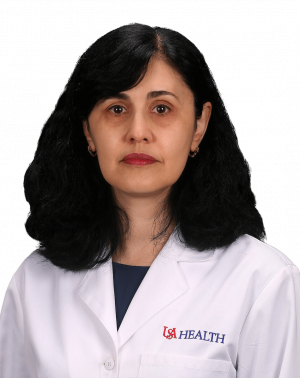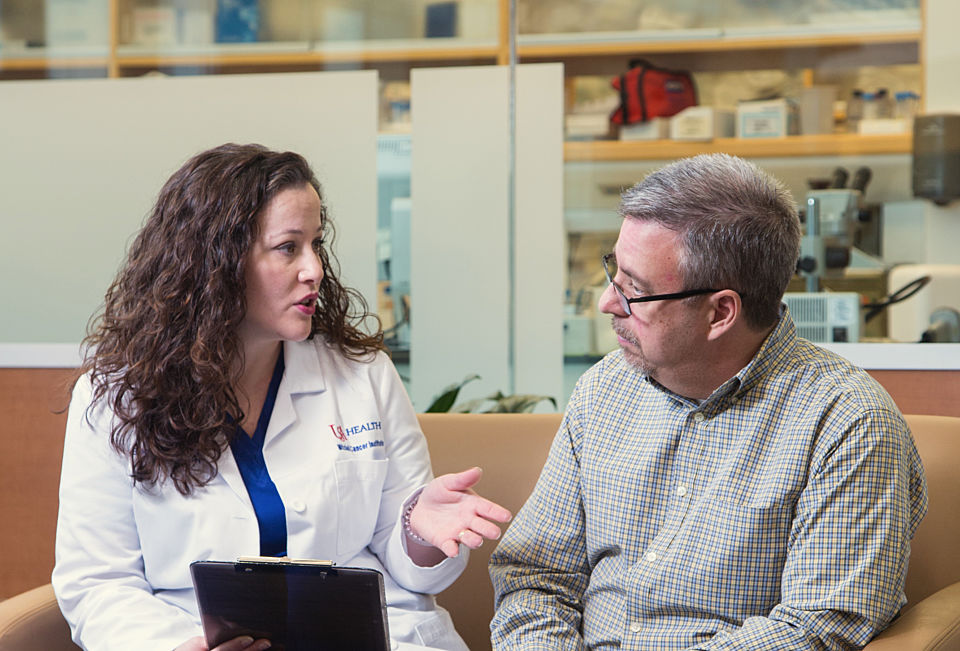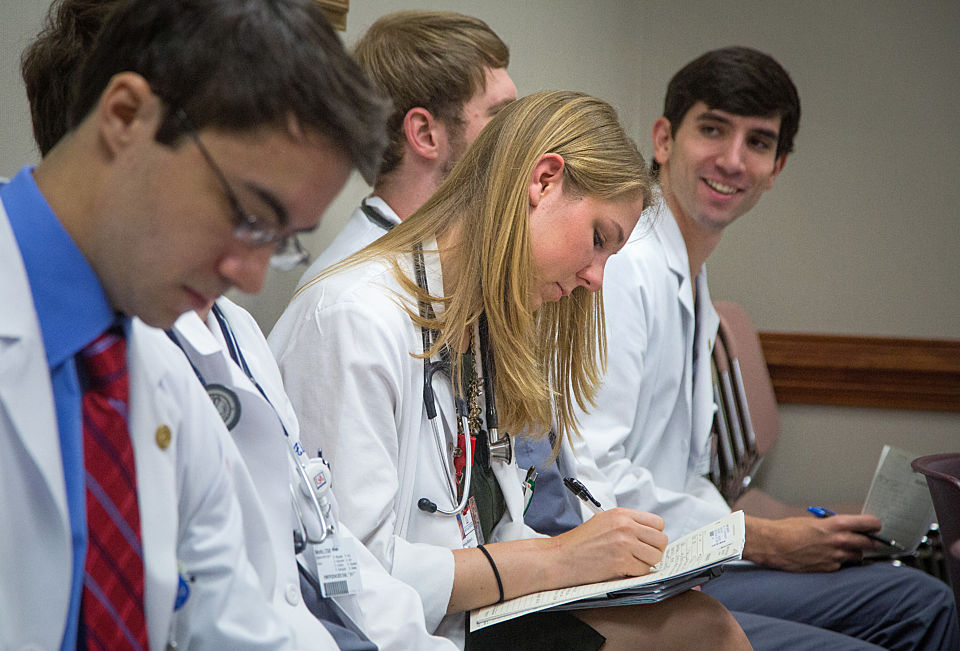Neonatal Intensive Care Unit at USA Health
The Hollis J. Wiseman Neonatal Intensive Care Unit at USA Health Children's & Women's Hospital is the area’s only Level III neonatal intensive care unit (NICU). Infants in our NICU are cared for around the clock by an expert team of neonatologists, nurses, educators, therapists and other staff.
Our 98-bed NICU admits more than 1,000 infants each year. We have 12 private rooms, including six for babies with chemical dependency and six negative pressure rooms that prevent cross-contamination for babies particularly susceptible to infection.
We welcome and encourage parent participation in infant care, including kangaroo care. This skin-to-skin contact between the baby and the mother and/or father promotes early bonding. We are also the only hospital in the region that provides infants with donor breast milk for mothers who cannot breastfeed.
NICU Visiting Information
Parents are allowed to visit in the nurseries during designated times. Our intent is to make visitation as comfortable and beneficial as possible for the patients and family members. Visitors other than parents must be 18 years of age or older to enter the NICU.
Parents and designated visitors may visit anytime except for the following:
- During shift changes: 6:30–8 a.m., 3–4 p.m., and 6:30–8 p.m. This is to allow patient confidentiality during reports.
- New admissions: Parents, legal guardian and/or significant others may visit an infant after the infant has been stabilized. Grandparents may visit briefly when an infant is stabilized; grandparents must be accompanied by parent or legal guardian for subsequent visits.
- Emergency procedures: Occasionally, visitors will be asked to leave the area in the event of a surgical or medical procedure as deemed necessary by the medical staff.
In an effort to provide emotional support, parents will be allowed to select up to four other visitors who, with permission from the parents, may visit without a parent present. These visitors must be identified by either of the infant’s parents. Detailed information concerning the infant’s condition is available only to the infant’s parents. Designated visitors must adhere to all the visitation policies. Designated visitors are not allowed to bring other visitors into the NICU area.
Before entering the NICU, all visitors are required to remove jewelry and watches and perform a three-minute finger-to-elbow scrub at the visitor sinks located at the NICU entrance. Jewelry may be put back on after the visit is complete.
A maximum of two visitors is allowed at the patient’s bedside at one time. In order to protect the privacy of other patients, all visitors are required to remain at their infant’s bedside. All visitors must be with a parent with the exception of the “new admissions” provision noted above.
All visitors are asked to carry some form of identification. The infant’s ID band is acceptable as long as it remains attached to the parent. Photo identification will be required from the parents on the day of the infant’s discharge home.
Proper attire is required by all visitors in the NICU area: Shoes or slippers, gowns that close, and shirts.
In an effort to maintain infection control, visiting will not be allowed if a visitor displays any of the following symptoms:
- Cough
- Runny nose, nasal drainage
- Fever of 100.5 F or greater
- Diarrhea
- Vomiting
- Eye drainage, open wound drainage
- Cold sores/fever blisters
- Skin rashes of unknown origin
- Any exposure to or vaccination to any childhood illnesses in the last six weeks: examples; chicken pox, measles, RSV, viruses, flu. The parent/visitor must be symptom-free for 24 hours to gain re-admittance to the NICU.
No one other than parents with proper identification may receive information by phone concerning an infant.
USA Health also has the area’s only neonatal transport team to provide life support and advanced care to fragile and critically ill newborns during emergency ambulance transport to Children’s & Women’s Hospital. Infants are transported in the Care For Babies neonatal transport vehicle, a mobile, mini-NICU staffed by the highly specialized transport team that includes a neonatologist, nurse and respiratory therapist.











